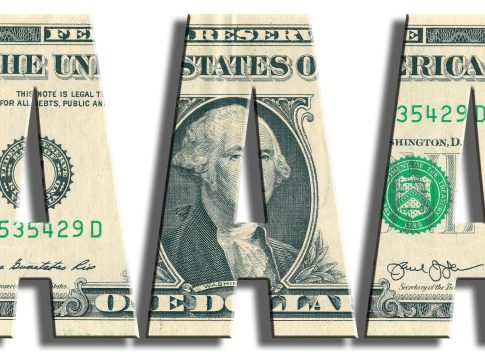Understanding Government Credit Ratings: What it Means for You
When we think about credit scores, it’s usually in terms of individual consumers—how they impact borrowing power, mortgages, and credit cards. But it’s time to broaden our perspective: governments have credit ratings too. These ratings, similar to personal credit scores, assess how likely a nation is to repay its debts. And recently, the U.S. received a significant downgrade that could have far-reaching effects.
What Are Credit Ratings?
Credit ratings are evaluations of a country’s ability to meet its financial obligations. Factors that influence these ratings include:
- Economic Conditions: This encompasses foreign and domestic investments, market transparency, and currency reserves.
- Political Stability: A stable political environment helps boost confidence in a government’s fiscal management.
The big three agencies—Moody’s, S&P Global, and Fitch Ratings—determine these ratings which influence everything from government bonds to global investor confidence.
What’s Driving Recent Downgrades?
In mid-May, Moody’s downgraded the U.S. credit rating from the highest tier, Aaa, to Aa1. This move signals that U.S. debt is perceived as riskier due to various factors, including:
- Financial Management Concerns: Moody’s cited ongoing worries about U.S. financial practices over the past decade.
- Political Gridlock: The prolonged inability of lawmakers to agree on fiscal policies has raised alarms.
Earlier this year, Fitch echoed similar concerns, warning of expected fiscal deterioration and rising government debt.
How Does This Affect You?
A downgrade in the U.S. credit rating can ripple through the economy. Here’s what you might notice:
- Interest Rates Might Increase: Investors reacted to the downgrade by selling off U.S. debt. This shift could lead to higher interest rates on loans, credit cards, and mortgages.
- Higher Borrowing Costs for Businesses: As companies face increased borrowing expenses, they may slow hiring or reduce investments.
A Historical Perspective
While a downgrade can sound alarming, history shows that such shifts are often more symbolic than immediately detrimental. The U.S. government’s debt remains a cornerstone of the global financial landscape, and despite these downgrades, investors typically retain confidence in U.S. Treasury securities.
What Can You Do?
Here are a few practical tips to stay financially savvy in light of these developments:
- Plan for Potential Rate Increases: If you’re considering big purchases or refinancing loans, it might be wise to act sooner than later.
- Keep an Eye on Economic News: Understanding broader economic trends can help you make informed financial decisions.
- Reevaluate Your Budget: If borrowing becomes more expensive, reviewing your budget and finding ways to cut unnecessary expenses could be prudent.
In summary, the recent downgrade of the U.S. credit rating serves as a reminder of the interconnected nature of finance—where government actions can directly impact our personal wallets. Stay informed, proactive, and ready to adapt to changing economic tides!

Writes about personal finance, side hustles, gadgets, and tech innovation.
Bio: Priya specializes in making complex financial and tech topics easy to digest, with experience in fintech and consumer reviews.

